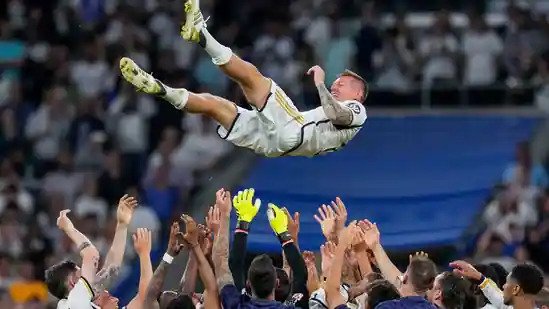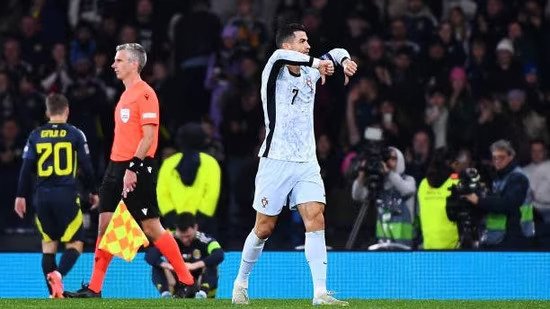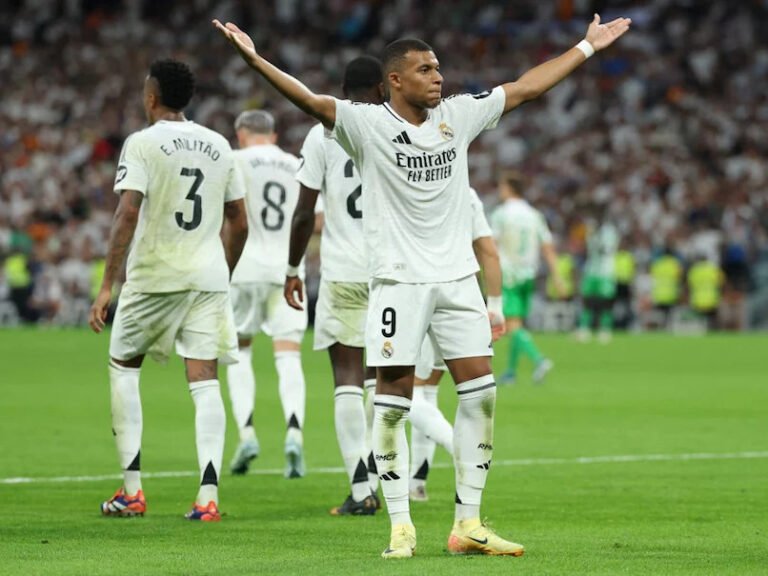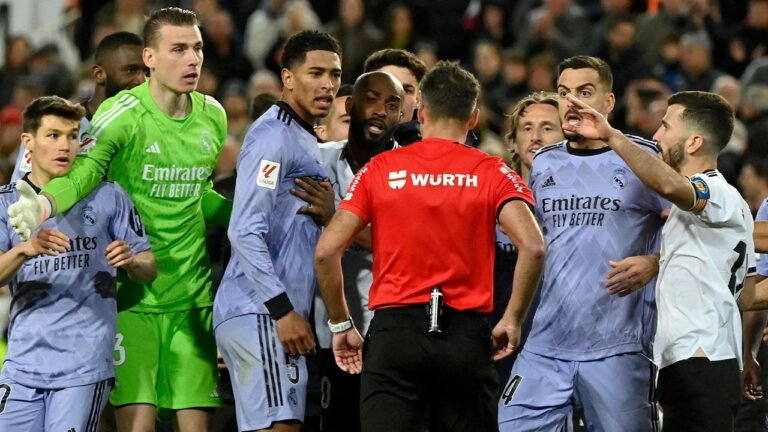Controversial Moments in Football: Analysis of Incidents and Decisions That Have Impacted the Game- 2024 Updated
Football, often called the beautiful game, is filled with moments of glory, passion, and heartbreak. However, it is also a sport marred by controversies that have left lasting impacts on players, teams, and fans.
From questionable refereeing decisions to off-field scandals, these moments have shaped the course of football history.
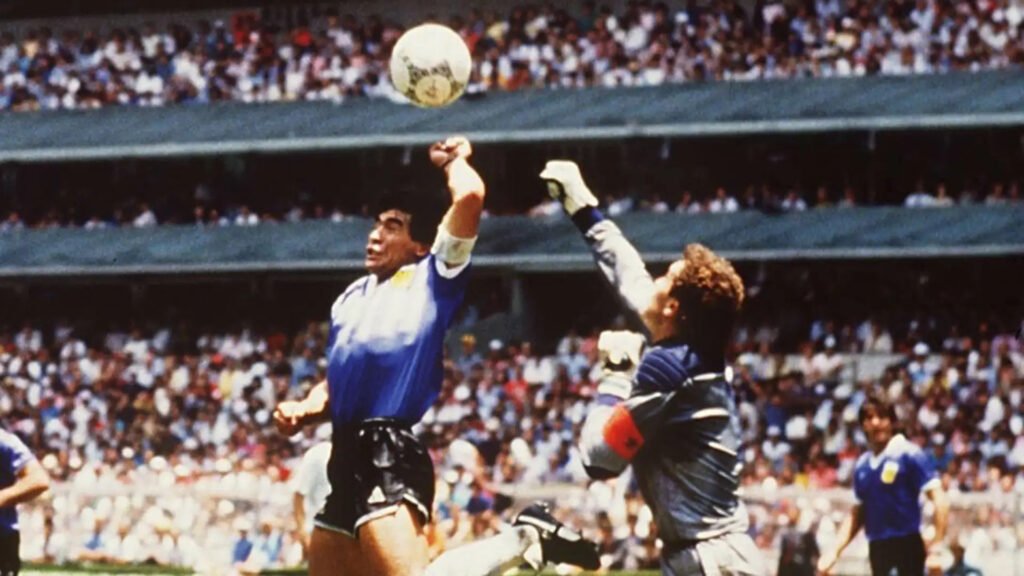
In this blog, we will delve into some of the most controversial incidents and decisions that have left an indelible mark on the game.
The Hand of God, Diego Maradona (1986)
One of the most infamous incidents in football history occurred during the 1986 FIFA World Cup quarter-final between Argentina and England. Diego Maradona scored a goal using his hand, an act that went unnoticed by the referee. He later referred to it as the “Hand of God.” This goal, combined with his brilliant solo effort later in the match, helped Argentina advance and eventually win the World Cup. The “Hand of God” remains a symbol of controversy, highlighting the imperfections in officiating and the fine line between genius and deceit in sports.
Impact
The “Hand of God” goal has become a cultural reference point, illustrating how a single moment can overshadow the ethical boundaries of the sport. It led to increased calls for video technology to assist referees, which eventually contributed to the implementation of the Video Assistant Referee (VAR) system decades later.
The 2006 World Cup Final: Zidane’s Headbutt
The 2006 FIFA World Cup final between Italy and France is remembered as much for Zinedine Zidane’s infamous headbutt as for the match itself. In the closing moments of extra time, Zidane headbutted Italian defender Marco Materazzi in the chest after a verbal exchange. Zidane was shown a red card, and Italy went on to win the match in a penalty shootout.
Impact
Zidane’s headbutt was a shocking end to an illustrious career, overshadowing his previous achievements. It raised discussions about player conduct and the psychological pressures of high-stakes matches. Zidane’s actions also highlighted the need for better mental health support for athletes dealing with intense pressure.
The Luis Suarez Incidents
Luis Suarez has been involved in multiple controversies throughout his career. Notably, his handball against Ghana in the 2010 World Cup quarter-finals prevented a certain goal, leading to his expulsion and a missed penalty by Ghana. Additionally, Suarez has been involved in biting incidents, notably against Chelsea’s Branislav Ivanovic in 2013 and Italy’s Giorgio Chiellini during the 2014 World Cup.
Impact
Suárez’s actions have sparked widespread debate on sportsmanship and fair play. The handball incident led to discussions on the adequacy of punishments for deliberate fouls that prevent goals. His biting incidents resulted in lengthy suspensions, highlighting the need for stricter behavioral standards and psychological assessments for players.
The Calciopoli Scandal (2006)
The Calciopoli scandal rocked Italian football in 2006. It was revealed that several top clubs, including Juventus, AC Milan, Fiorentina, and Lazio, were involved in a scheme to influence referee appointments. Juventus was stripped of two Serie A titles and relegated to Serie B, while other clubs received points deductions and fines.
Impact
The scandal severely damaged the reputation of Italian football and led to a restructuring of the league’s governance. It highlighted the need for transparency and integrity in football administration. The scandal also served as a cautionary tale about the potential consequences of corruption in sports.
The Bosman Ruling (1995)
Jean-Marc Bosman, a Belgian footballer, challenged the transfer rules that restricted players’ movements at the end of their contracts. The European Court of Justice ruled in favor of Bosman in 1995, allowing players within the EU to move to another club at the end of their contract without a transfer fee.
Impact
The Bosman ruling revolutionized football, giving players greater freedom and bargaining power. It led to increased player mobility and wages, transforming the transfer market and the financial landscape of football. However, it also contributed to the financial disparity between clubs, as wealthier clubs could attract top talent without paying transfer fees.
The 2002 World Cup Officiating Controversies
The 2002 FIFA World Cup, co-hosted by South Korea and Japan, was marred by several controversial refereeing decisions, particularly in matches involving the host nation South Korea. Questionable decisions in South Korea’s matches against Italy and Spain led to widespread accusations of bias and corruption.
Impact
The officiating controversies in the 2002 World Cup damaged the tournament’s credibility and led to calls for improved referee training and oversight. It also reinforced the need for technological aids like VAR to assist referees in making accurate decisions, eventually contributing to its adoption.
The Qatar World Cup Bid (2022)
The awarding of the 2022 FIFA World Cup to Qatar has been surrounded by controversy. Allegations of corruption in the bidding process, concerns over human rights abuses, and the extreme summer temperatures in Qatar have all drawn significant criticism. The decision to move the tournament to November and December to avoid the summer heat has also disrupted domestic football schedules.
Impact
The Qatar World Cup controversy has sparked ongoing debates about the integrity of the bidding process for major sporting events. It has also highlighted the importance of considering human rights and environmental factors in such decisions. FIFA has faced increased scrutiny and pressure to reform its governance and ensure greater transparency in future bids.
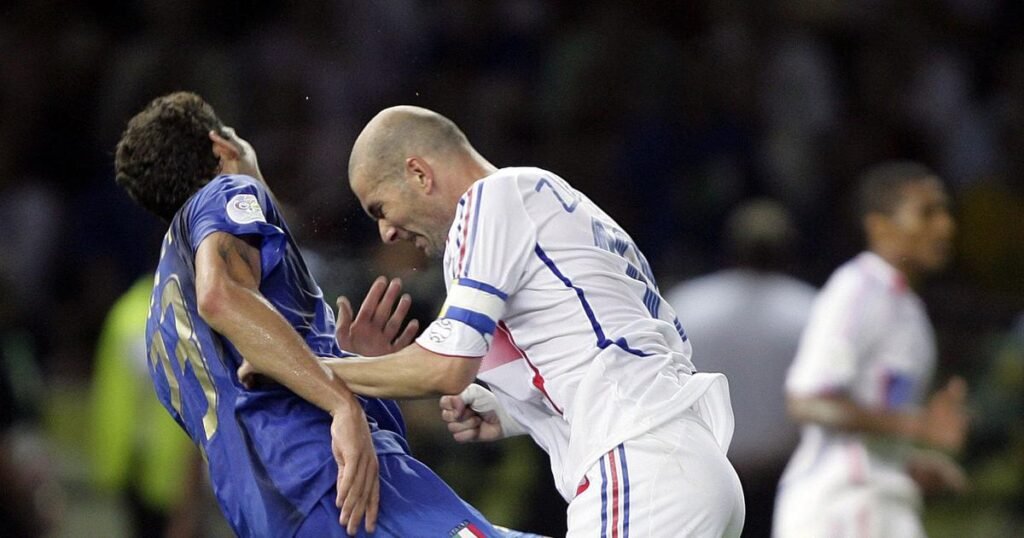
The Financial Fair Play (FFP) Regulations
UEFA introduced Financial Fair Play (FFP) regulations in 2011 to prevent clubs from spending beyond their means and ensure financial sustainability. However, the implementation and enforcement of FFP have been controversial, with several high-profile clubs accused of circumventing the rules through complex financial arrangements.
Impact
FFP has led to significant debate about the best way to ensure financial responsibility in football. Critics argue that it entrenches the dominance of already wealthy clubs, while supporters claim it promotes long-term sustainability. The controversies surrounding FFP enforcement have highlighted the challenges of regulating club finances in a global sport.
The European Super League (2021)
In April 2021, twelve of Europe’s top football clubs announced the formation of a breakaway European Super League (ESL), sparking outrage among fans, players, and governing bodies. The backlash was swift and severe, leading most clubs to withdraw from the project within days.
Impact
The ESL controversy underscored the deep divisions between football’s elite clubs and the broader football community. It highlighted fans’ crucial role in preserving the sport’s traditions and values. The incident also prompted discussions about the need for greater regulation and governance to protect the interests of the wider football community.
The Goal Line Technology Debate
Before the introduction of goal-line technology, many controversial decisions revolved around whether the ball had fully crossed the goal line. Notable incidents include Frank Lampard’s disallowed goal against Germany in the 2010 World Cup, where the ball clearly crossed the line but was not given.
Impact
Such incidents demonstrated the limitations of human refereeing and bolstered the case for goal-line technology, which was officially introduced in 2013. The adoption of this technology has significantly reduced controversies related to disputed goals, enhancing the fairness and accuracy of the game.
The Carlos Tevez Transfer Saga (2006-2009)
Carlos Tevez’s transfer from Corinthians to West Ham United in 2006 and his subsequent move to Manchester United involved complex third-party ownership arrangements that breached Premier League rules. West Ham was fined, but the controversy continued, affecting the relegation battle in the 2006-07 season.
Impact
The Tevez saga led to stricter regulations on third-party ownership of players, aiming to ensure transparency and fairness in player transfers. It also raised awareness about the complexities and potential pitfalls of transfer dealings in modern football.
The Referee Betting Scandal – Tim Donaghy (2007)
In 2007, NBA referee Tim Donaghy was found guilty of betting on games he officiated, raising concerns about the integrity of officiating in sports. Although this scandal occurred in basketball, it had significant implications for football and other sports.
Impact
The Donaghy scandal highlighted the vulnerability of sports to corruption and the need for robust measures to protect the integrity of officiating. It led to increased scrutiny and reforms in the oversight of referees across various sports, including football.
The Neymar Transfer Controversy (2017)
Neymar’s transfer from Barcelona to Paris Saint-Germain in 2017 for a world-record fee of €222 million raised questions about the sustainability and fairness of transfer fees. The deal was criticized for circumventing FFP regulations through complex financial arrangements.
Impact
The Neymar transfer highlighted the challenges of regulating transfer fees and financial practices in football. It intensified debates on FFP and the need for reforms to ensure a level playing field. The transfer also underscored the growing financial power of certain clubs and its implications for competitive balance in football.
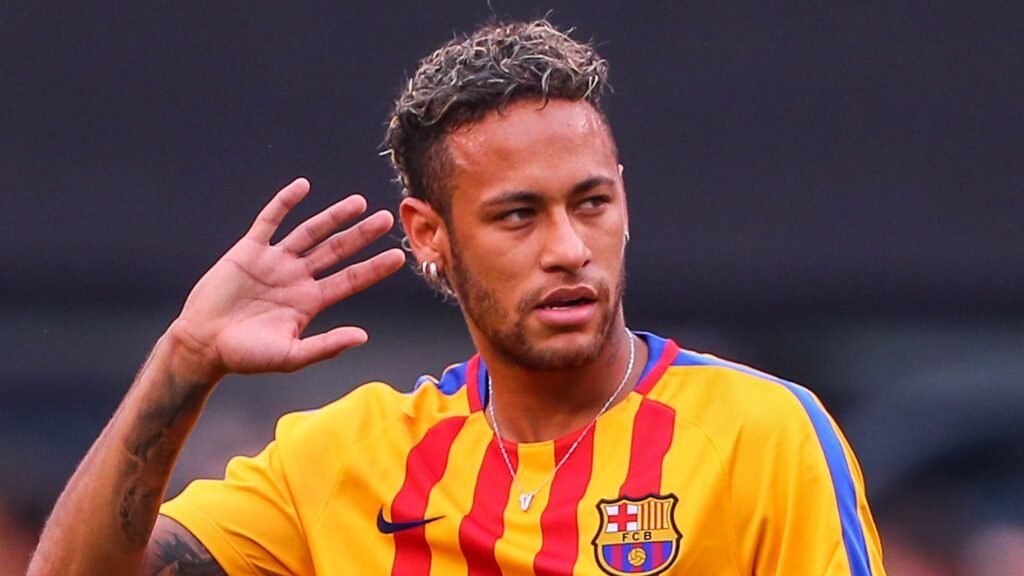
The Hillsborough Disaster (1989)
The Hillsborough disaster, where 96 Liverpool fans lost their lives due to a crush at an overcrowded stadium, was a tragic event with significant implications for football. Initial blame was placed on the fans, but subsequent investigations revealed police mismanagement as the primary cause.
Impact
The disaster led to widespread reforms in stadium safety and crowd control, including the removal of standing terraces in top-flight English football. It also resulted in a long campaign for justice by the victims’ families, culminating in the eventual exoneration of the fans and accountability for the authorities.
The Racism in Football Scandals
Racism remains a significant issue in football, with numerous incidents involving players, fans, and officials. High-profile cases, such as those involving England players being racially abused in international matches, have brought the issue to the forefront.
Impact
Racism scandals have led to increased efforts to combat discrimination in football. Initiatives like FIFA’s “Say No to Racism” campaign and stricter punishments for offenders aim to create a more inclusive and respectful environment. However, these incidents highlight the ongoing challenges in eradicating racism from the sport.
The Qatar 2022 World Cup Migrant Worker Controversy
The treatment of migrant workers building infrastructure for the Qatar 2022 World Cup has been a major controversy. Reports of poor working conditions, unpaid wages, and worker deaths have drawn significant criticism from human rights organizations.
Impact
The controversy has put pressure on FIFA and the Qatari government to improve labor conditions and ensure workers’ rights. It has also raised broader questions about the ethical considerations of hosting major sporting events in countries with poor human rights records.
The VAR (Video Assistant Referee) Implementation
The introduction of VAR in football was intended to reduce refereeing errors, but its implementation has been controversial. Incidents of inconsistent application, long delays, and subjective decisions have led to widespread debate.
Impact
VAR has changed how the game is officiated, with a mixed reception from fans, players, and pundits. While it has corrected many clear errors, its controversies highlight the difficulties in balancing technological assistance with the flow and spirit of the game.
The Match-Fixing Scandals
Football has been plagued by numerous match-fixing scandals over the years, with players, referees, and officials involved in manipulating match outcomes for financial gain. Notable cases include the 2011 Turkish football scandal and the Calciopoli scandal.
Impact
Match-fixing undermines the integrity of the sport and erodes public trust. These scandals have led to stricter regulations, increased surveillance, and harsher punishments to combat corruption. They also underscore the ongoing battle against unethical practices in football.
The European Court of Justice Bosman Ruling
In 1995, the European Court of Justice ruled in favor of Jean-Marc Bosman, a Belgian footballer, allowing players within the EU to move freely to another club at the end of their contract without a transfer fee. This landmark decision, known as the Bosman ruling, revolutionized football transfers.
Impact
The Bosman ruling significantly altered the football transfer market, increasing player mobility and bargaining power. While it has benefited players, it has also contributed to the financial imbalance between clubs, as wealthier clubs can attract top talent without paying transfer fees. The ruling continues to shape the landscape of football transfers and contracts.
Conclusion
Football’s rich history is punctuated by moments of controversy that have left lasting impacts on the sport. From on-field incidents and refereeing controversies to off-field scandals and landmark legal rulings, these events have shaped the game’s evolution. While some controversies have led to positive changes and reforms, others continue to spark debate and reflection. As football progresses, it is essential to learn from these moments to preserve the integrity and spirit of the beautiful game.

